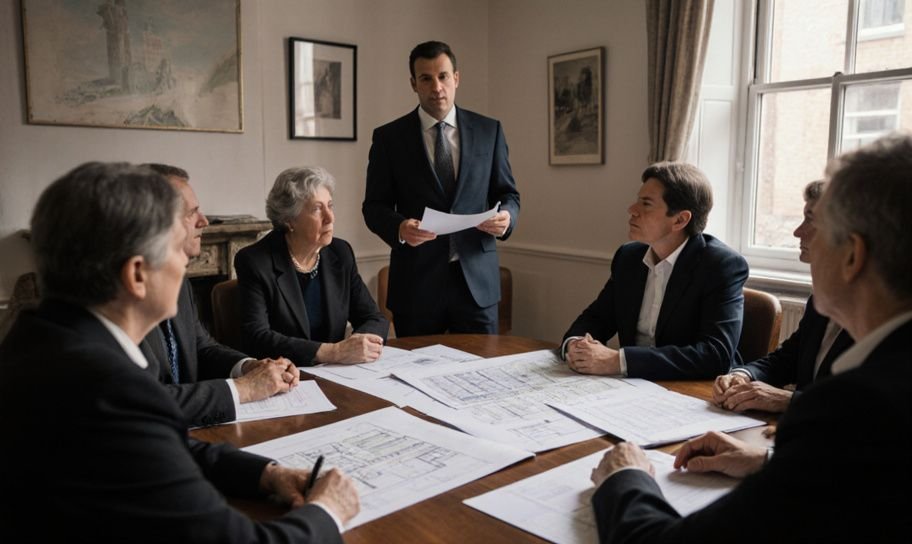
Quick Summary: A legal fight over a redevelopment deal has reached the Bombay High Court. The disagreement is between Eknath Namdev Lashkare and others against Pancharatna Properties, focusing on whether the Cooperative Court has the power to decide the issue.
Back in 2005, a meeting was called by a temporary manager of a Cooperative Housing Society. One of the topics was to give the society’s property for redevelopment. A redevelopment deal was made with Pancharatna Properties for over 11 crore rupees. The challengers claimed this meeting and deal were not legal.
"The decision made in the meeting on 16 October 2005 was not legal and had no effect."
The Cooperative Court first decided it had the power to hear the case. However, the Cooperative Appeals Court disagreed, saying most of the requests were not within its power. Eknath Namdev Lashkare and others were not satisfied and went to the High Court.
Petitioners' Stand: Their lawyer, Mr. Kanetkar, argued that the disagreement affects the society's operations, so it should be under the Cooperative Court's power. He said the temporary manager had no right to make such decisions.
Respondents' Stand: Mr. Jadhav, representing Pancharatna Properties, argued that the developer was involved with the property before the disagreement, so the Cooperative Court shouldn’t handle it.
Judge Amit Borkar looked into whether the Cooperative Court can decide on such disagreements. The main question was if the disagreement involved the society’s operations, which would mean the Cooperative Court should handle it.
"The redevelopment deal directly affects the operations and management of the society."
The High Court canceled the Appeals Court's decision, giving back the Cooperative Court's power to handle the entire disagreement. The Cooperative Court will now decide if the redevelopment deal and the actions taken were legal.
"The Cooperative Court shall continue to handle Dispute No.36 of 2013 on all issues identified."
This case shows the challenges of figuring out which court should handle certain issues and the importance of knowing where disagreements should be solved. The Cooperative Court is now set to look deeper into the society's internal choices and the legality of its deals.